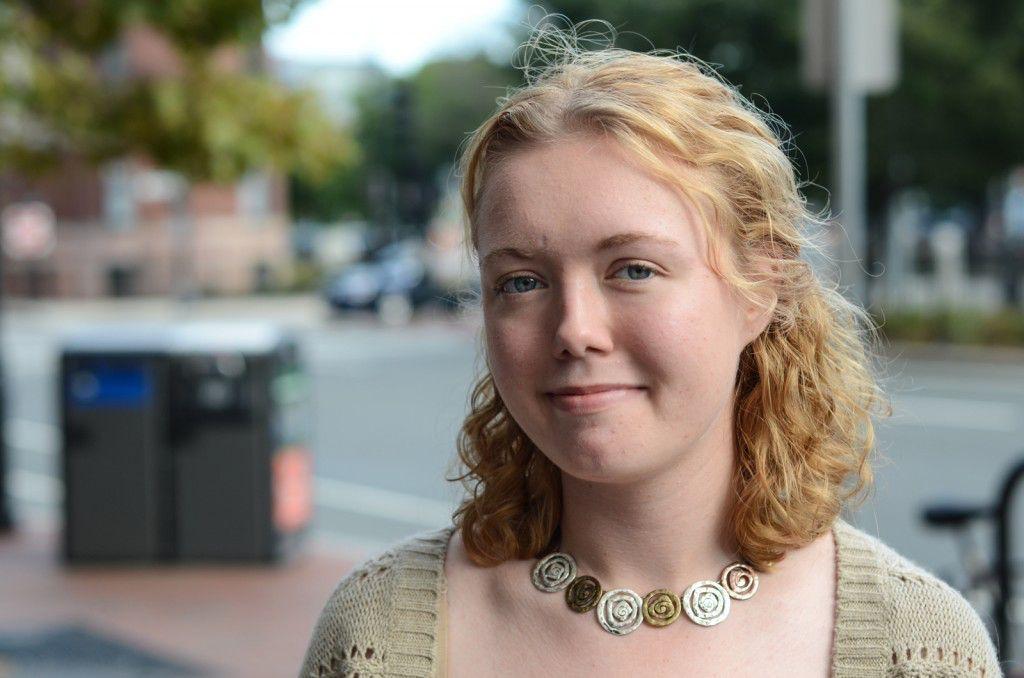Margaret Sanger, a birth control advocate and major public health badass, once said, “No woman can call herself free who does not own and control her body.”
Now, nearly 100 years after these words were uttered, this idea is still being debated in homes, at congressional hearings and most recently, in the state of Louisiana.
Louisiana Gov. Bobby Jindal’s administration recently denied a New Orleans Planned Parenthood facility its operating license because it “failed to show need for the clinic,” The Washington Post reported Saturday.
In fact, the application showed exactly why a Planned Parenthood facility was required. Its license application reported that more than 2,800 women would be able to access abortions with a new clinic in the New Orleans metropolitan area. Currently, just two clinics — one in New Orleans and one in a suburb — serve the metro area’s 1.2 million residents.
Jindal, a 2016 presidential hopeful, has a long pro-life history. Now, as he prepares to step onto the national stage, he’s denying women healthcare to solidify conservative support. This is unacceptable. In the 21st century, women should have unrestricted access to health care, including abortions, to satisfy Sanger’s demands for unfettered women’s freedom.
I know this isn’t a universal opinion. Simply walk past the Planned Parenthood in Boston University’s West Campus on a weekday, and you’ll meet a few people who disagree with me. According to a Gallup poll from May 2014, 46 percent of Americans self-identify as “pro-life,” while 47 percent responded “pro-choice.”
But in that same poll, only 21 percent of respondents believed that abortions should be “illegal in all circumstances.” That means 79 percent of respondents think women should have access to abortions, given certain conditions. For some, this could mean only in cases of rape or incest. For others, it depends on how far along the baby is. The cutoff is usually 24 weeks, which is when the baby can survive outside the womb. Regardless, 79 percent of people think that, at least to some degree, women should have access to abortions. Therefore, we need clinics where these procedures can be performed.
The proposed Planned Parenthood in Louisiana would also provide less controversial, but still important, services to its patients. Each year, only 3 percent of all Planned Parenthood patients seek abortion services. The mere fact that 97 percent of patients use the clinics for STD tests, cancer screenings, birth control and Pap smears is a pretty good argument for the clinic.
But that’s not the point. The 3 percent of patients is the point.
Under law, these women are legally allowed to have abortions. Roe v. Wade made it incredibly clear: abortions are legal in the United States. To make it difficult or nearly impossible for a woman to have an affordable abortion is to subvert the law. It’s a valid, legal medical procedure, and states have a financial responsibility to their residents. Just because this is a controversial issue doesn’t mean that we are allowed to cease funding for Planned Parenthood.
Until Roe is overturned, there shouldn’t be a moment of hesitation: abortions are legal medical procedures. Because the state typically provides funding for facilities where legal medical procedures are performed, it would follow that they should also fund Planned Parenthood.
Additionally, Jindal’s timing is more than a little suspect. He’s just weeks away from jumping onto the national stage and, probably, into the 2016 race for the presidency. Former Florida Gov. Jeb Bush is the moderate the mainstream party will back. Jindal’s best chance is to solidify his support on the right. What better way to do that then to block the building of a Planned Parenthood?
Protest all you want. Fight in court. Build grassroots support. Donate to pro-life candidates. But don’t cut off access to legal medical procedures. It’s irresponsible, unnecessary and illegal. In 1973, seven justices agreed that a woman has the right to a safe, private and legal abortion. There is no reason government shouldn’t provide facilities for these procedures.
We are a nation of diverging opinions. We don’t agree on foreign policy, education or which Kardashian is the best. It’s perfectly fine to disagree, but we still have to keep moving forward. We can’t stop and debate until we reach a consensus. This country has more than 300 million residents. Good luck convincing an entire nation of anything.
Abortion will always be a hot button issue. It’s not just a political one. It’s a moral and religious one too. Unlike other issues our leaders face, abortion is something everyone has an opinion on. I’m not expecting consensus, but I’m expecting that we all follow the law.
Women have the right to choose an abortion. It’s an impossible choice that far too many women have to make. There is no reason to make the decision that much more difficult by hindering a woman’s access to legal medical care. As a society, we should strive to keep abortions safe, legal and rare. Limiting access to the procedure is not the solution.
























































































































